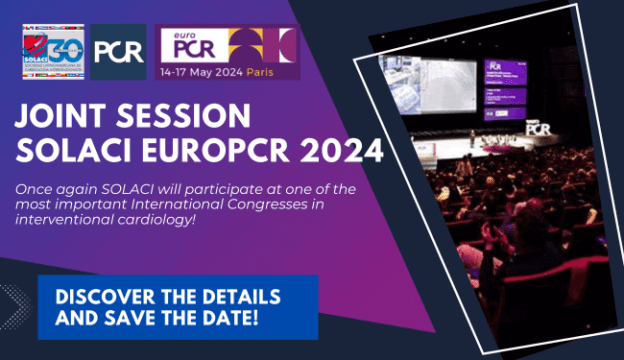The aim of this study was to assess treatment with the new anticoagulant Pegnivacogin and its specific antidote Anivamersen compared with bivalirudin in patients undergoing coronary angioplasty. The Pegnivacogin has an affinity for factor IXa with a longer shelf life to 24 hours and Anivamersen only has an affinity for Pegnivacogin. The combination of these two agents is called REG1. Patients who received coronary angioplasty were randomized to the REG1 system (n = 1616) versus bivalirudin (n = 1616). Prior to randomization, the investigator should specify the access site (femoral / radial), the use or not of a vascular closure device and dual anti-aggregation (clopidogrel, prasugrel or ticagrelor).
The work had to be terminated prematurely because of an excess of serious allergic reactions to pegnivacogin. Upon completion 3232 patients were included from 13200 planned. The primary end point of death, stroke and urgent revascularization at 3 days occurred in 6.7% of the REG1 group versus 6.4% of bivalirudin group (p = 0.72).
Roxana Mehran
2015-03-16
Original title: Effect of REG1 Anticoagulation System vs. Bivalirudin on Cardiovascular Outcomes Following PCI.





